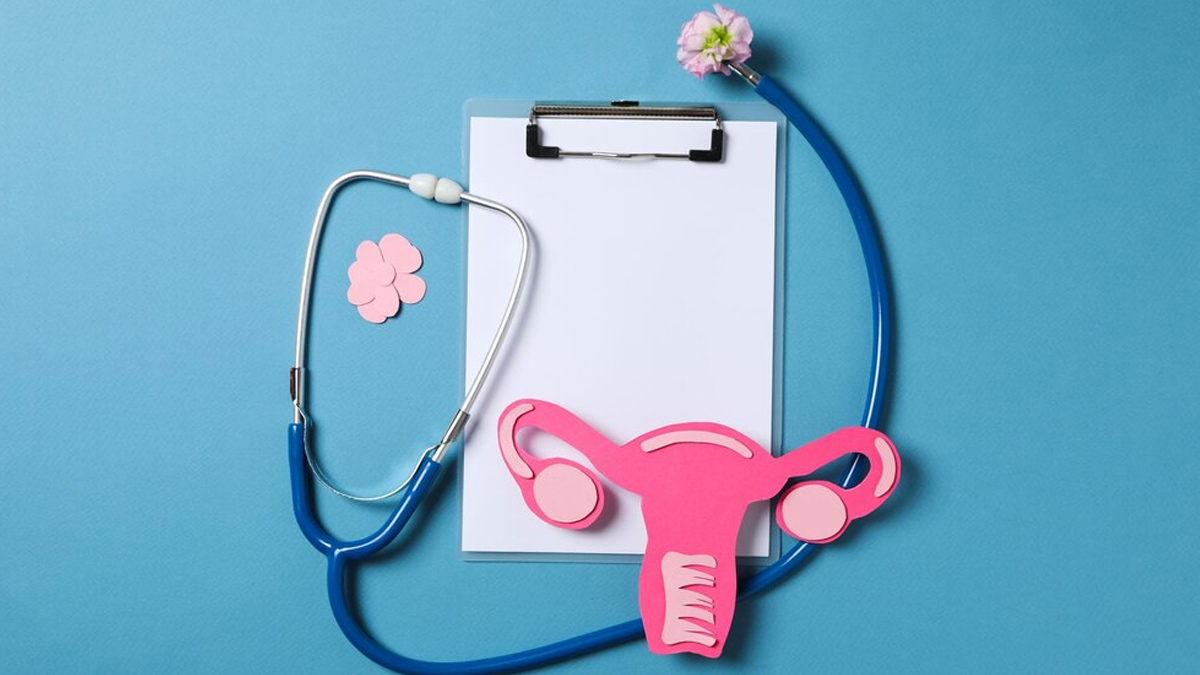
Gynaecological conditions are diseases that affect the functions of the female reproductive system. This includes organs such as the breasts, womb or uterus, ovaries, fallopian tubes, vagina, and vulva. Many factors, including age, infertility problems, pregnancy complications, obesity, and underlying medical conditions like diabetes and hypertension, can increase the risk of gynaecological disorders. In addition, a family history of reproductive and gynaecological problems may also contribute to the risk, according to Dr Kavitha Kovi, Head of Department, Obstetrics and Gynaecology, Aster Women and Children Hospital, Whitefield, Bengaluru.
Table of Content:-
In an interaction with the OnlyMyHealth team, Dr Kovi shares what it means and ways one can cut down on their risk.
Also Read: Ignoring Abnormal Uterine Bleeding Can Lead To Severe Anaemia: Here's How To Manage The Condition
What Does A Family History Of Gynaecological Conditions Mean?

First things first, a family history of gynaecological conditions does not necessarily mean that you'll develop the diseases yourself, but it can increase your risk. Rather, it suggests that the conditions can sometimes run in families, meaning you can be at risk.
If you have close relatives, for instance, a mother, sister, or daughter with conditions such as endometriosis, Polycystic Ovary Syndrome (PCOS), ovarian, and breast cancer, it is important to talk to your doctor to assess your risk and undergo screening options.
Dr Kovi says that gynaecological conditions can be inherited as a result of genetic factors, which is why a family history is very important in evaluating the risk.
According to the National Cancer Institute (NCI), certain genetic mutations can allow cancer to develop and grow. The two most common genetic mutations occur in the BRCA1 and BRCA2 genes, which are linked to several cancers, most notably breast and ovarian cancer.
"People who have inherited a harmful variant in BRCA1 and BRCA2 also tend to develop cancer at younger ages than people who do not have such a variant," the health body notes.
Also Read: Dense Breasts Are A Risk Factor For Breast Cancer: What Do Dense Breasts Mean?
Common Gynaecological Conditions

The most common gynaecological disorders include:
- Menstrual abnormalities (such as heavy or irregular periods)
- Fibroids
- Ovarian cysts
- Endometriosis,
- PCOS
- Infections, such as yeast infections
- Sexually Transmitted Diseases (STDs) like gonorrhoea
- Cervical carcinoma
- Ovarian carcinoma
- Cancer of the uterus
How Women Can Reduce Their Risk If They Have A Family History?

Women can decrease their likelihood of suffering from gynaecological diseases by leading a healthy lifestyle, says Dr Kovi. This includes proper nutrition, a regular exercise regimen, and abstaining from smoking and excessive drinking.
Furthermore, frequent medical checkups, safe sex practices, and stress management are necessary for early detection and prevention purposes, respectively, according to the doctor.
[Disclaimer: This article contains information provided by an expert and is for informational purposes only. Hence, we advise you to consult your own professional if you are dealing with any health issues to get the necessary treatment.]
Also watch this video
How we keep this article up to date:
We work with experts and keep a close eye on the latest in health and wellness. Whenever there is a new research or helpful information, we update our articles with accurate and useful advice.
Current Version